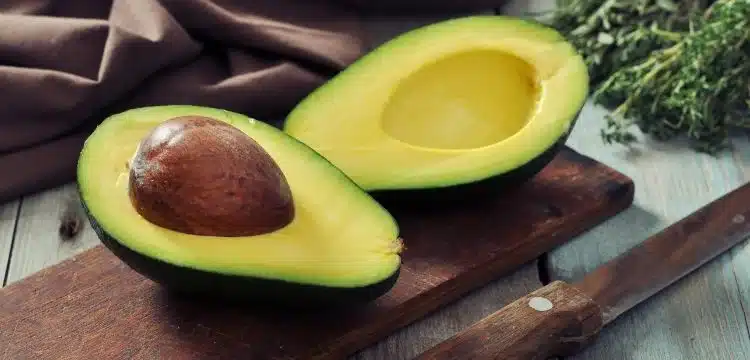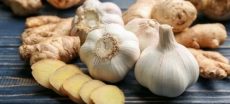[vc_row][vc_column][vc_column_text dp_text_size=”size-4″]The lush landscapes of Pakistan hold the promise of a thriving agricultural sector, and avocado is one of the many high-value crops that can not only benefit the growers but also reposition the country’s agriculture sector in international markets.
An agricultural expert, according to a national daily, has emphasised not just the crop’s outstanding nutritional worth, but also its organic origin, as well as its innate resistance to pests and illnesses. Presently, approved cultivars in Pakistan yield between 40 and 60 kilograms per plant.
Avocado’s entrance to Pakistan dates back to the 1980s, when an Italian-funded effort called “Fruit Vegetable and Olives” aided its entry. Fuerte and Cyclone Purple were among the first cultivars recommended because of their suitability to Pakistan’s weather and soil conditions. Further study at the National Agricultural study Centre (NARC) in Islamabad cleared the door for avocado plant domestication.
Also Read: 60 Orchards in Gilgit Approved for Cherry Exports
Four different avocado hybrids resulted from mother stock reciprocal crosses, earning clearance for widespread production in Pakistan. NARC-Avo-Fuerte, NARC-Avo-Cyclone Purple, NARC-Avo-1, and NARC-Avo-2 are the names of these cultivars.
“These four types have been approved for general cultivation in potential areas such as the Potohar region, south Punjab, upper Balochistan, and several regions in Khyber Pakhtunkhwa,” the agricultural scientist continued.
In addition, NARC is carefully evaluating eight more avocado varieties in order to widen the range of alternatives. Even the Punjab government is currently investigating the use of certain varieties in the Tret region near Murree. Despite farmers’ obvious desire, the restricted number of mother plants poses a hurdle, with NARC now producing only 2,000 to 3,000 plants per year.
Also Read: Pakistan to export cherry after a very long time
The domestication journey has been meticulous, spanning eight years, with rigorous standard procedures at NARC given the complexity of demand and minimising the risk of pathogens, resulting in avocados with large seeds nestled in the centre chamber, smooth medium-thin skin that peels easily, and rich pale green flesh.
When asked about their fruit-bearing timetable, the scientist says, “Grafted plants begin producing fruit in five to six years, while seedlings yield fruit in eight to nine years.”
Avocados are a nutritional powerhouse, with locally grown avocados outperforming imported products in terms of vitamins (K, C, E, B6), folic acid, and minerals (potassium, magnesium). Their antioxidant and anti-carcinogenic characteristics have raised them to the level of superfood, providing a plethora of health advantages.
Despite its overwhelming need, Pakistan is struggling to meet the rising demand for avocados, which has hampered oil extraction. The primary purchase choices are online or at certain upmarket retailers. Avocados are remarkable in that they continue to mature after harvesting, modifying both taste and texture.
It offers a wide range of goods, including raw consumption, incorporation into sandwich fillings, addition to salads, and usage in milkshakes and ice cream, as well as avocado oil.[/vc_column_text][/vc_column][/vc_row]











